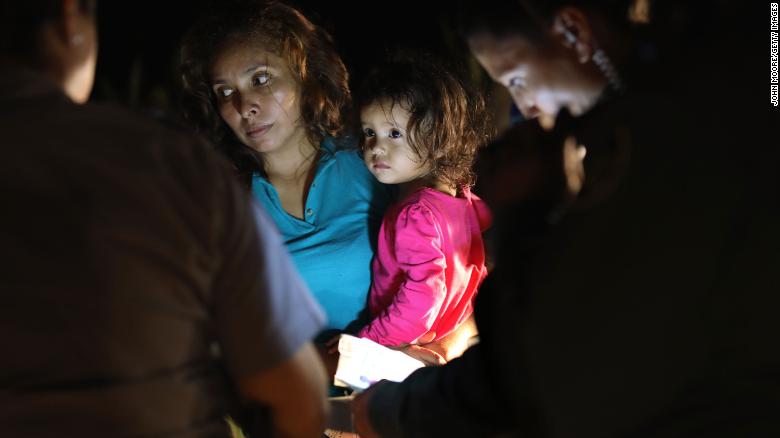
Author: New York Immigration Lawyer Alena Shautsova
It is official: pregnant ladies will be denied U.S. tourist visas! This is the essence of the new rule that was published by the U.S. government on January 24, 2020.
“Birth tourism” or entering the U.S. for having access to the best and most reliable medical care has been around for decades. Ladies all over the world, some having to save money for a long time, came to the U.S. to have assurance that the most important day in their lives and in the lives of their new babies would go as smoothly as possible. While I am not in a possession of any official statistics, I know for a fact that to get a B or tourist visa has never been easy: a person would have to show that they had sufficient funds to sustain themselves in the U.S. and had strong ties with their home country… In fact, one of the purposes of the B visa was to seek medical attention/help in the U.S. Thousands of women used this provision to give birth to the U.S.
It is so happened that the U.S. Constitution provides every baby who was born in the U.S. (with the exceptions of babies of certain diplomats) U.S. citizenship. Basically, regardless of the babies’ mother’s true intentions: to have safe delivery or to plan for the future Immigration to the U.S., the law works to protect the babies born on U.S. soil. And this very provision and threat of “anchor babies” became the reason why recently the U.S. Administration decided to ban pregnant ladies from coming to the U.S.:
“Permitting short-term visitors with no demonstrable ties to the United States to obtain visas to travel to the United States primarily to obtain U.S. citizenship for a child creates a potential long-term vulnerability for national security.” “ By obtaining a child’s U.S. citizenship through birth tourism, foreign nationals are able to help that child avoid the scrutiny, standards, and procedures that he or she would normally undergo if he or she sought to become a U.S. citizen through naturalization.” In other words, they help newborns!
Hence, “a consular officer shall deny a B nonimmigrant visa to an alien who he or she has reason to believe intends to travel for this primary purpose. “ says the new rule.
To be fair, the rule tries to address the issue of many women trying to come to the U.S. simply to seek high quality medical care which is often unavailable in their home countries. It says: “ Under the primary purpose test, a consular officer must consider a visa applicant’s primary (or principal) purpose of travel to evaluate the applicant’s eligibility for the requested visa classification. All of a visa applicant’s intended activities in the United States are considered in determining the applicant’s eligibility for a visa under standards set out in INA 212 and 214(b), 8 U.S.C. 1182 and 1184, and other applicable visa eligibility standards. The Department’s FAM guidance to consular officers on this point—that an “alien desiring to come to the United States for one principal, and one or more incidental, purposes should be classified in accordance with the principal purpose”—has remained unchanged for well over 30 years. Compare 9 FAM 41.11 N3.1 (August 30, 1987) with current 9 FAM 402.1-3 (last revised May 21, 2018)”
But if we have to measure on a scale of justice a visit to see a family member vs. delivering a baby, it is obvious that delivering a baby purpose will always outweigh any and all other legitimate purposes for travel. So, it is pretty obvious, that the ladies will not be able to come to the U.S. to give birth anymore. Moreover, if a lady “looks” pregnant she will be denied a visa as well!
While some may be annoyed at the fact that ladies come to the U.S. to give birth in the U.S. hospitals to produce “anchor babies”, I have to respond that for such a baby to be able to sponsor a mother or a father, the baby has to be 21 years old, reside in the U.S. and have sufficient income! Which, in most cases, simply will not be possible. The baby ban will affect not those who are crossing the border or are victims of criminal activities, but those who tried to follow the law and actually applied for a visa, arranged for medical treatment facility and doctors and could demonstrate that they could afford their stay in the U.S.



